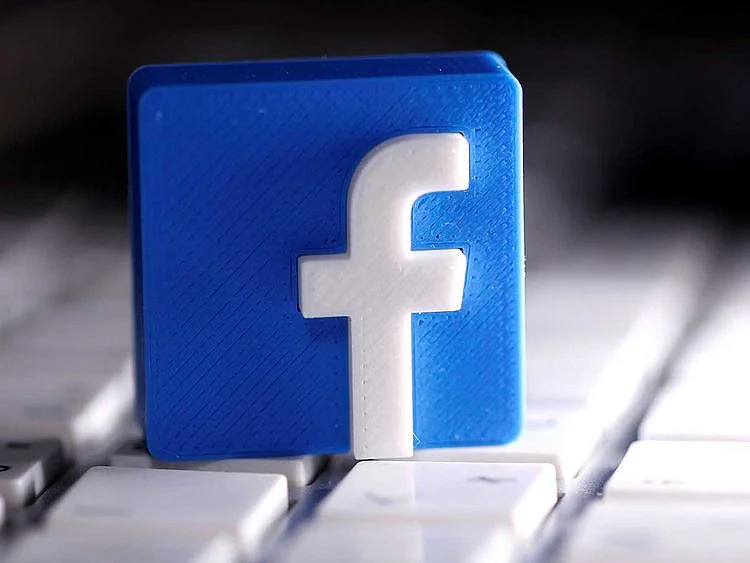Also In This Package
Who doesn’t like social media? Most of us use it and often enjoy it. It is handy; it is fun. It makes our communication with others immediate and meaningful.
The notion of instant messaging and free publishing also gives a sense of empowerment. Millions of otherwise marginalised people have suddenly been able to voice their concerns worldwide.
That is one side of the coin. But the other side of the coin is terrifying. The giant social networking companies have made billions of dollars by promoting and glorifying extremism, hate and racism. That resulted in the massacre of thousands of people by extremists, especially in our region; most probably more than those killed by the coronavirus!
At the top of the list lies Facebook. In its pursuit to gain more users, the platform has introduced many features such as automated pages. The more popular ‘suggested friends’ feature seems to have been created specifically for Daesh [the self-proclaimed Islamic State in Iraq and the Levant] terrorist group.
The spectacular rise of Daesh has baffled observers. The group, responsible for countless atrocious crimes in Iraq and Syria before its decline in the past two years, had the ability to recruit members and garner support from around the world. From 2013- 2017, Daesh had tens of thousands of fighters and an army-like arsenal of military hardware in addition to thousands of supporters and loyalists in different parts of the world, where they committed numerous terrorist crimes.
Terror experts wondered how Daesh grew so quickly and while its rival in terror and probably its main inspiration, Al Qaida, which was created three decades ago, didn’t have the same strength or ability to recruit even a small fraction of the Daesh membership.
The answer is one word: Facebook. Yes. Poor Osama Bin Laden! He didn’t have such a powerful ally. The master terrorist used old school tools — audio tapes, and later videotapes, to promote his repugnant ideology and recruit members. Daesh, meanwhile, has Facebook. The giant social networking platform continues to be Daesh’s most prized weapon. The group used Facebook to spread its message of hate and was rewarded.
The algorithm route to terror
Facebook doesn’t mind at all. Its algorithm, in fact, helped increase the group’s influence, according to experts in counterterrorism.
A study published in 2017 by the Centre for Media and Information Warfare Studies, Faculty of Communication and Media Studies at Malaysia’s Universiti Teknologi MARA, found that “all active terrorist groups have set up their engagement on the internet especially Facebook. Islamic State of Iraq and Syria (Isis/Isil/Daesh) is perhaps the most successful militant group ever that apply online recruitment.” More importantly, the study said, Facebook allowed Daesh’s propaganda and recruitment posts to be presented “as just another part of mainstream news.”
Another study, this time by the US-based Counter Extremism Project, released in 2018, noted that Facebook has helped Daesh grow fast by connecting its members with others with similar extremist views. The study, which analysed the online behaviour of a thousand users in 96 countries, found out that “users with radical Islamist sympathies were routinely introduced to one another” through the popular ‘suggested friends’ feature.
Millions of Arabs may enjoy Facebook. But we also suffered the most because of the facility Facebook extended to Daesh and other extremist groups. Most of the violence in this region in the past 15 years was partially ignited by unchecked hateful posts created by anonymous Facebook users. Some posted fake videos that went viral and provoked violence. In some cases, they led to massacres.
Amid America’s anti-racism protests, the western world all of a sudden have begun to see and acknowledge the great damage Facebook and other social media platforms have been doing by not only tolerating the propagation of hate on their platforms but also making billions of dollars from it.
The #StopHateForProfit campaign, which started on Wednesday and inspired by the US protests, aims to expose the role of Facebook and other similar platforms such as Twitter and YouTube in allowing supremacist and racist groups to spread hate against America’s minorities, particularly African Americans.
The long-overdue campaign is essential to ensure that social media networks shoulder their responsibility to filter and stop the widely propagated literature of hate.
Facebook was indeed warned years ago that its platform was being used to promote hate, violence and racism. The company promised to act. But they never did. Why would they? Hate is generating tons of money for them!
Under pressure to stop hateful content, the company two years ago claimed its automated system removed most of such content. However, an Associated Press report quoted a company insider as saying what happens is completely the opposite. Facebook’s automated systems have generated at least 200 automated pages in the name of Daesh and other terrorist groups, providing them with free publicity. Dozens of such pages were also automatically created in the name of white supremacists in the US.
So far, the popular pressure on the social media companies has led to major brands, such as Unilever, Verizon, Starbucks, Coca-Cola, Clorox, Microsoft, and Adidas among others, pulling their ads from the platform. The boycott means that Facebook will lose more than $70 billion a year. Facebook will surely listen now.
In the Arab world, we are yet to catch the boycott train. Unfortunately, major Arab businesses continue to advertise on Facebook and others. They too, should join the boycott. After all, we have been victims of Facebook’s evil allies for years.
Sign up for the Daily Briefing
Get the latest news and updates straight to your inbox
Network Links
GN StoreDownload our app
© Al Nisr Publishing LLC 2026. All rights reserved.
